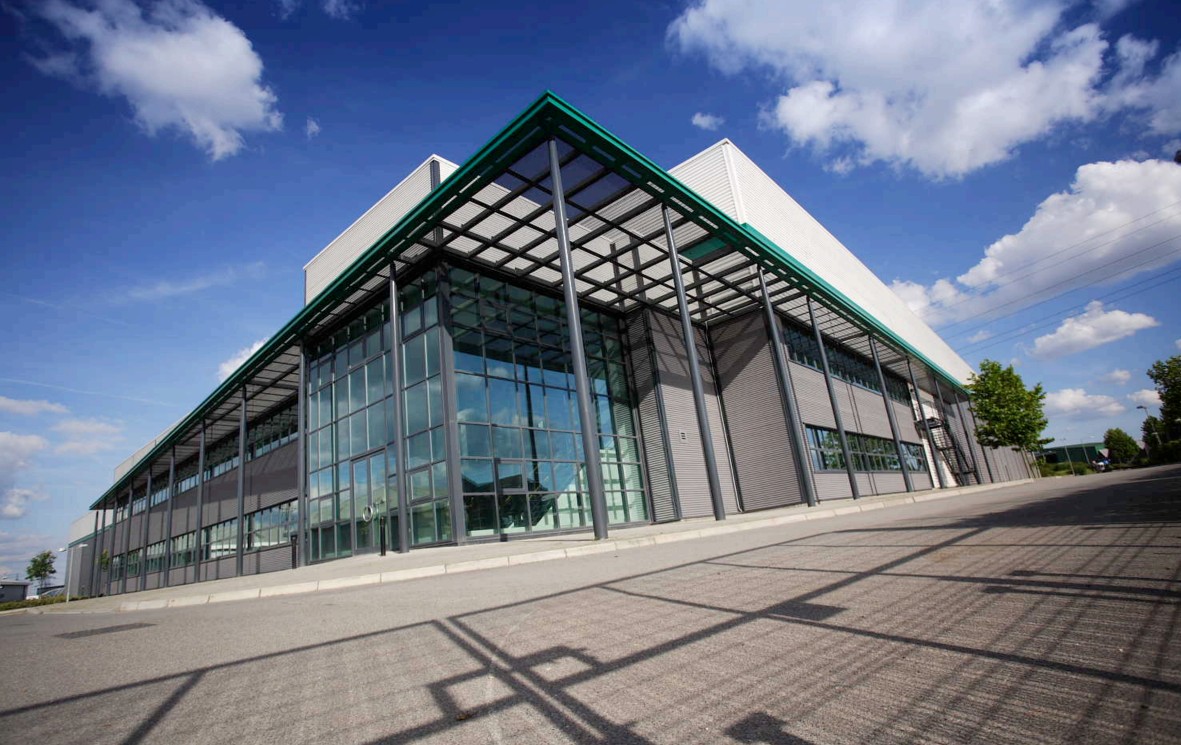Valentine’s meal deals give UK wine sales a boost
Valentine’s Day provided a boost for wine, as consumers took advantage of meal deal promos to treat themselves at home, according to the latest grocery market figures from Kantar Worldpanel.
Although the figures showed a general move away from promotional activity across grocery – multi-buys and other promotional mechanics are down to their lowest level since October 2009 to 34.3% in the last 12 weeks, compared to the 2015 peak of 40% – Valentine’s Day provided consumers with the opportunity to buy into growing premium meal deals.
Around 2 million consumers took advantage of a premium meal deal around February 14th, to the tune of around £9 million more than last year, with 1.2 million people adding still wine to their meal deal, and 700,000 splashing out with sparkling wine, Kantar said.
Market growth
In the wider grocery market, Kantar Worldpanel reported the fastest growth since June 2014, up 2.3% compared to 2016, but the rises were partly on the back of inflation, with like-for-like inflation doubled since last month to stand at 1.4% over the past 12 months. Kantar first reported the return of inflation in January.
However head of retail and consumer insight, Frazer McKevitt, described the price increases as still “fairly minimal” in the broader, long-term context, even though consumers “may be starting to feel a very slight pinch”.
He noted that despite the rise of the discounters, combined sales at the UK’s four largest supermarkets increased by 0.5% year on year. “This is a timely reminder that despite the huge interest in the discounters during recent years the big four remain a force to be reckoned with: they still hold just over 70% of the market, with almost 99% of the population shopping in a Tesco, Sainsbury’s, Asda or Morrisons during the latest quarter,” McKevitt said.
Partner Content
Overall the picture across the big four was positive. Morrisons saw the fastest growth of the big four boosted by its e-commerce and bricks and mortar sales, up 2.6%, its fastest growth in five years, which helped it retain its 10.6% market share.
Sainsbury and Tesco also saw growth, the former returning to growth for the first time since last March, while the latter saw its sixth period of growth. But despite their respective 0.3% and 0.6% growth, both mults saw their market share slip. Sainsbury’s fell 0.3 percentage points to take 16.5% of the market, while Tesco’s 0.5% percentage points slip saw its grocery share rest at 27.9%.
And although Asda’s sales fell 0.8% over the period, this was still its best performance since November 2014, representing “a significant improvement”, McKevitt noted.
Meanwhile the discounters continued their inexorable rise – Lidl became the fastest growing supermarket during the past 12 weeks with sales up by 13.0%, while Aldi was not far behind on sales of 12.9%, giving it a market share of 6.3%.
Iceland also continued to grow ahead of the market, with sales up 8.8%, and The Co-op and Waitrose saw sales up 1.7% and 2.9% respectively.




